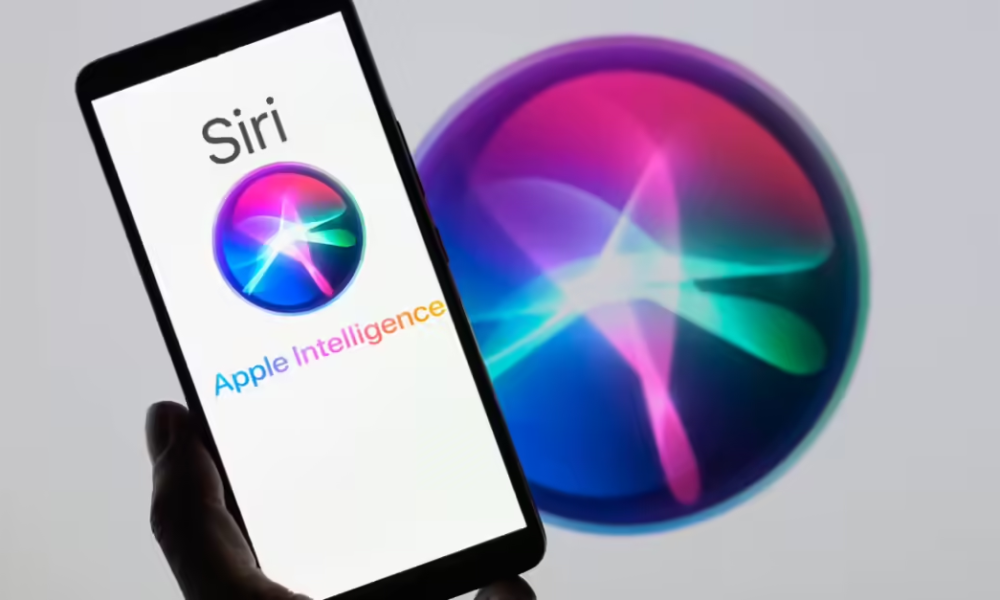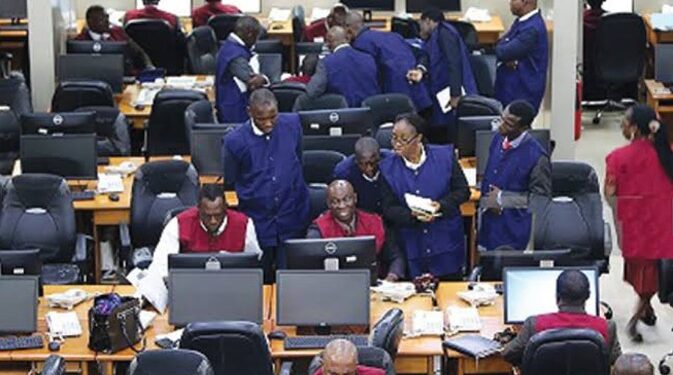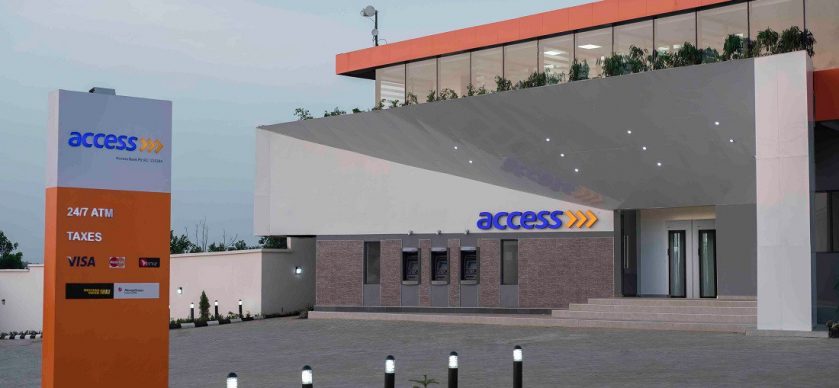Business Briefings
FG Commits $50 Million to Impact Fund for MSMEs, Job Creation

The Federal Government has announced a $50 million commitment to launch the Nigeria Wholesale Impact Investment Fund (WIIF), a strategic initiative designed to finance Micro, Small, and Medium Enterprises (MSMEs) and drive large-scale job creation across key sectors.
According to a statement released by the Ministry of Finance, the $50 million anchor investment represents the first tranche of what is expected to grow into a $100 million fund. The WIIF will serve as a “fund of funds,” channeling resources through financial intermediaries—including development finance institutions, microfinance banks, and impact-oriented investment firms—to reach underserved businesses and catalyze economic development.
Minister of Finance and Coordinating Minister of the Economy, Wale Edun, disclosed this during a strategic meeting in Abuja. The session brought together stakeholders from the Impact Investors Foundation (IIF), the Global Steering Group for Impact Investment (GSG), Kuramo Capital, and the Development Bank of Nigeria (DBN), which will manage the fund.
“This partnership exemplifies the power of public-private collaboration in advancing Nigeria’s economic priorities. We are committed to ensuring transparency, efficiency, and measurable impact in deploying these resources to benefit all Nigerians,” Edun stated.
The WIIF is part of President Bola Tinubu’s Renewed Hope Agenda, which targets a 7 percent GDP growth rate by the end of the decade. It is expected to support sectors such as agriculture, renewable energy, digital technology, infrastructure, and youth entrepreneurship.
The fund also aligns with broader financial inclusion and innovation objectives, particularly the proposed African Development Bank-backed Youth Entrepreneurship Bank.
According to stakeholders, discussions are already underway to structure government-backed guarantees and attract additional private sector participation, both locally and internationally. The fund is expected to play a vital role in Nigeria’s transition to a more resilient, inclusive, and innovation-driven economy.
The WIIF’s deployment will begin immediately through the Development Bank of Nigeria, with expectations that subsequent tranches will attract blended finance contributions to further expand its reach and impact.



